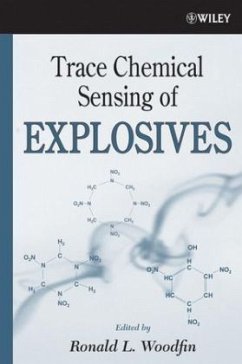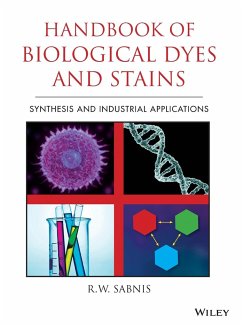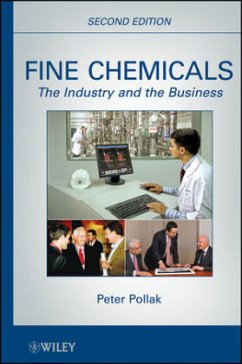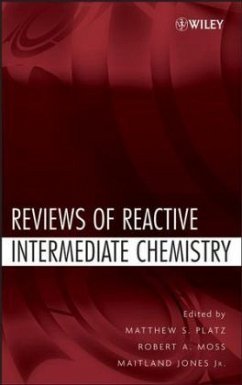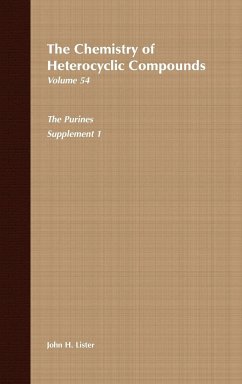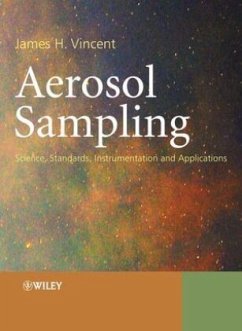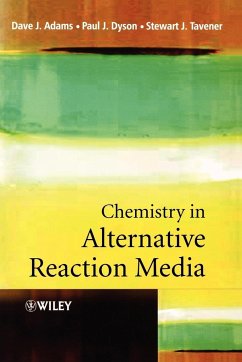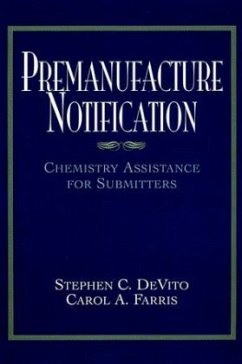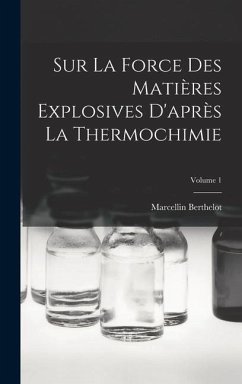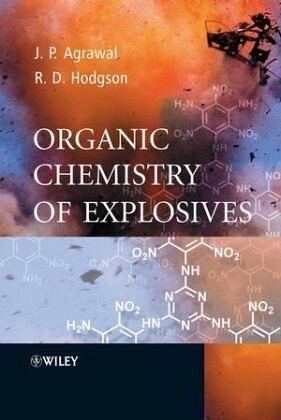
Organic Chemistry of Explosives

PAYBACK Punkte
100 °P sammeln!
Explosives have attracted some unwanted publicity over the years for their misuse in the taking of life and the destruction of property. Although such concerns and views are not unfounded, there is a bigger picture. More explosives have been used in times of peace than in all of the wars and conflicts put together. How many of the great engineering achievements would have been possible if not for the intervention of explosives? Explosives are in fact no more than tools and remain as some of the most fascinating products of chemistry.Organic Chemistry of Explosives is the first text which bring...
Explosives have attracted some unwanted publicity over the years for their misuse in the taking of life and the destruction of property. Although such concerns and views are not unfounded, there is a bigger picture. More explosives have been used in times of peace than in all of the wars and conflicts put together. How many of the great engineering achievements would have been possible if not for the intervention of explosives? Explosives are in fact no more than tools and remain as some of the most fascinating products of chemistry.
Organic Chemistry of Explosives is the first text which brings together in one volume the essential methods and routes used for the synthesis of organic explosives. Topics are organised based on the fact that explosive properties are imparted into a compound by the presence of certain functional groups, and include:
_ the methods which can be used to introduce C-nitro, O-nitro, and N-nitro functionality into organic compounds
_ the synthesis of energetic compounds in the form of polynitropolycycloalkanes, caged and strained nitramines, and N-heterocycles
_ the synthesis of explosives containing functionality less widely encountered, including: organic azides, peroxides, diazophenols, and energetic compounds derived from guanidine and its derivatives
_ nitration with dinitrogen pentoxide and its likely significance for the future synthesis of energetic materials.
This book also highlights important properties such as melting points, impact sensitivities and velocities of detonation etc. which are considered valuable from the end-use point of view.
Organic Chemistry of Explosives is an essential reference source for chemists working in the field of energetic materials and all those with an interest in the chemistry of nitramines, nitro compounds, nitrate esters, and nitration in general.
Organic Chemistry of Explosives is the first text which brings together in one volume the essential methods and routes used for the synthesis of organic explosives. Topics are organised based on the fact that explosive properties are imparted into a compound by the presence of certain functional groups, and include:
_ the methods which can be used to introduce C-nitro, O-nitro, and N-nitro functionality into organic compounds
_ the synthesis of energetic compounds in the form of polynitropolycycloalkanes, caged and strained nitramines, and N-heterocycles
_ the synthesis of explosives containing functionality less widely encountered, including: organic azides, peroxides, diazophenols, and energetic compounds derived from guanidine and its derivatives
_ nitration with dinitrogen pentoxide and its likely significance for the future synthesis of energetic materials.
This book also highlights important properties such as melting points, impact sensitivities and velocities of detonation etc. which are considered valuable from the end-use point of view.
Organic Chemistry of Explosives is an essential reference source for chemists working in the field of energetic materials and all those with an interest in the chemistry of nitramines, nitro compounds, nitrate esters, and nitration in general.



